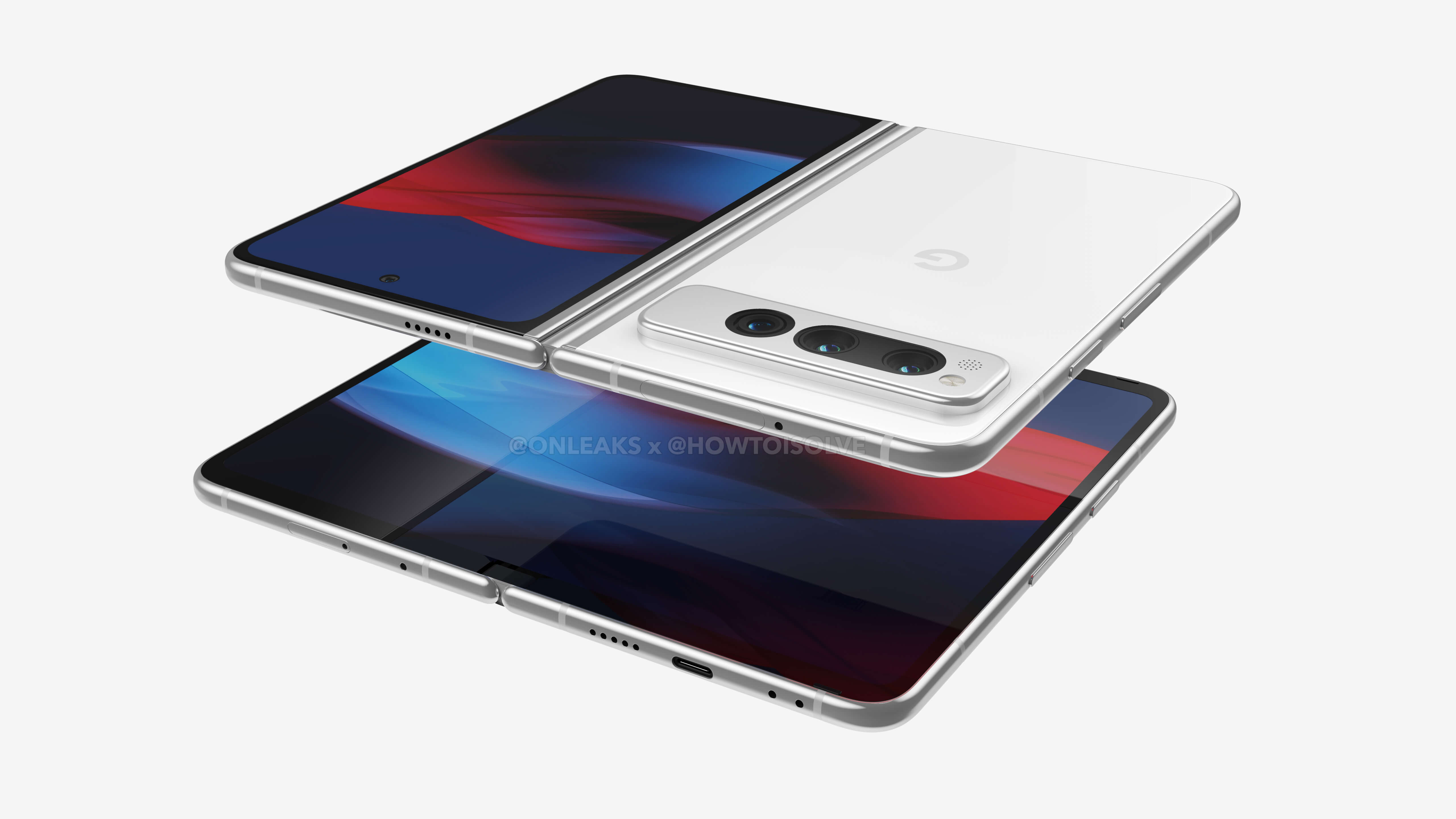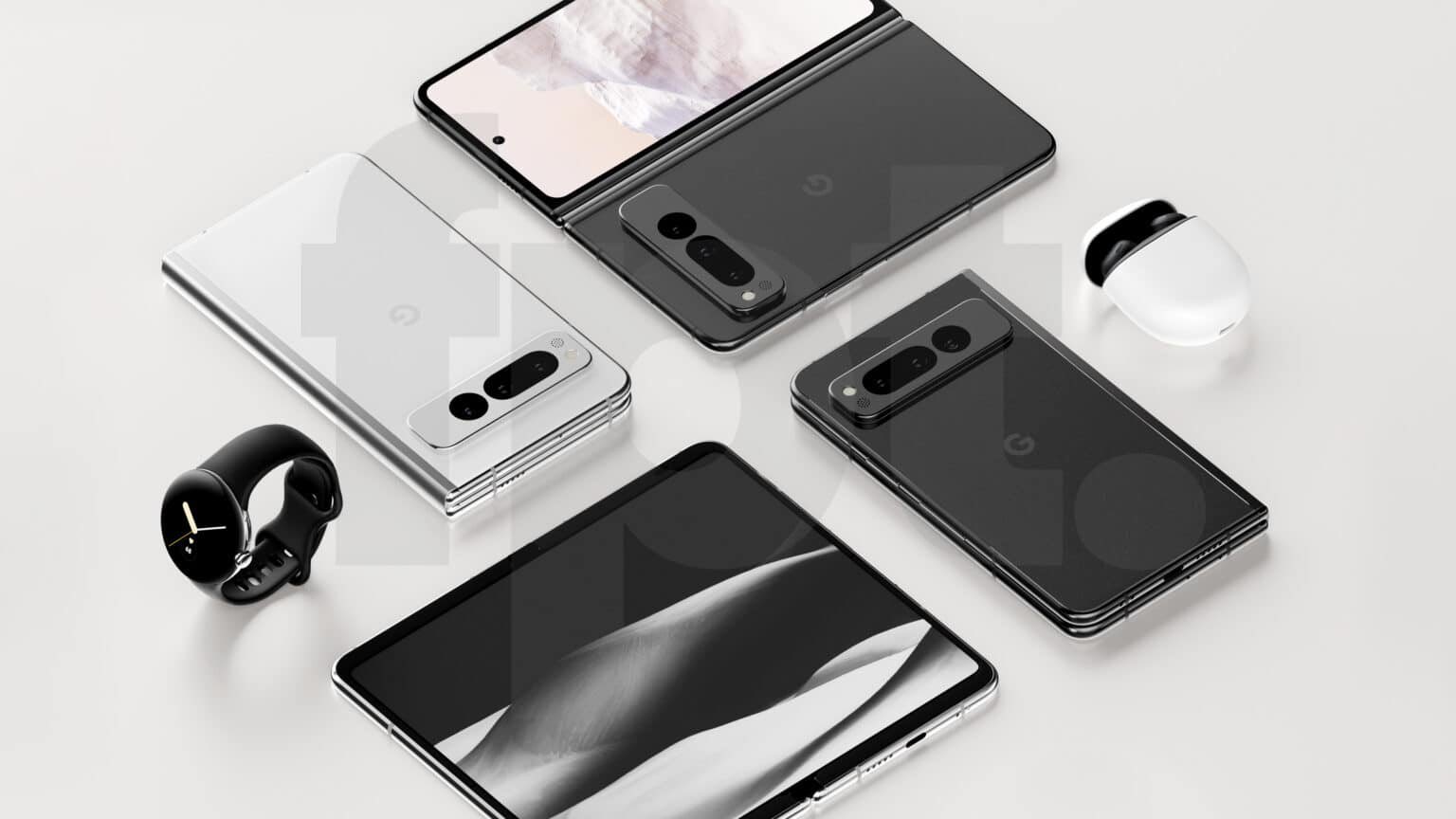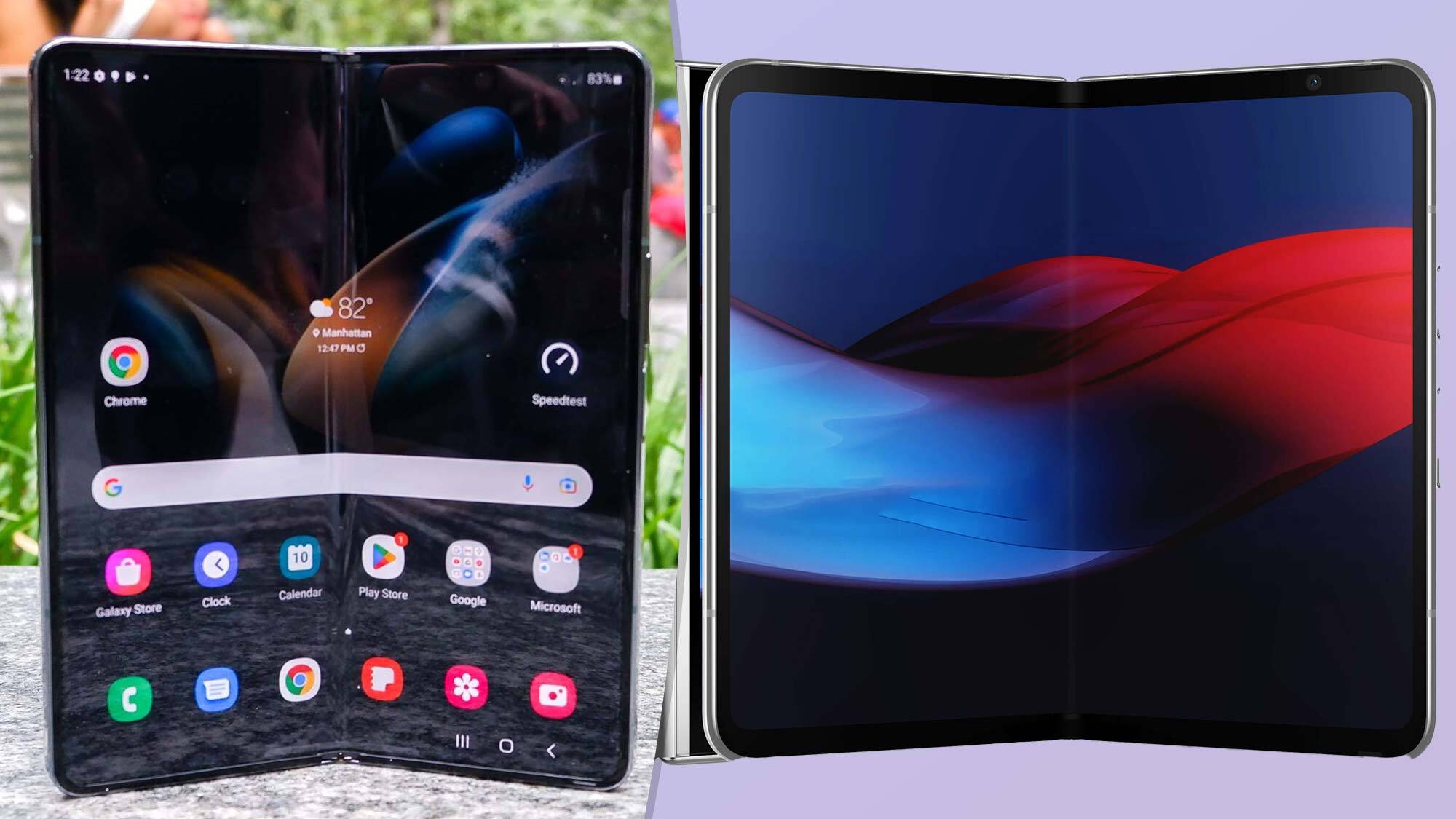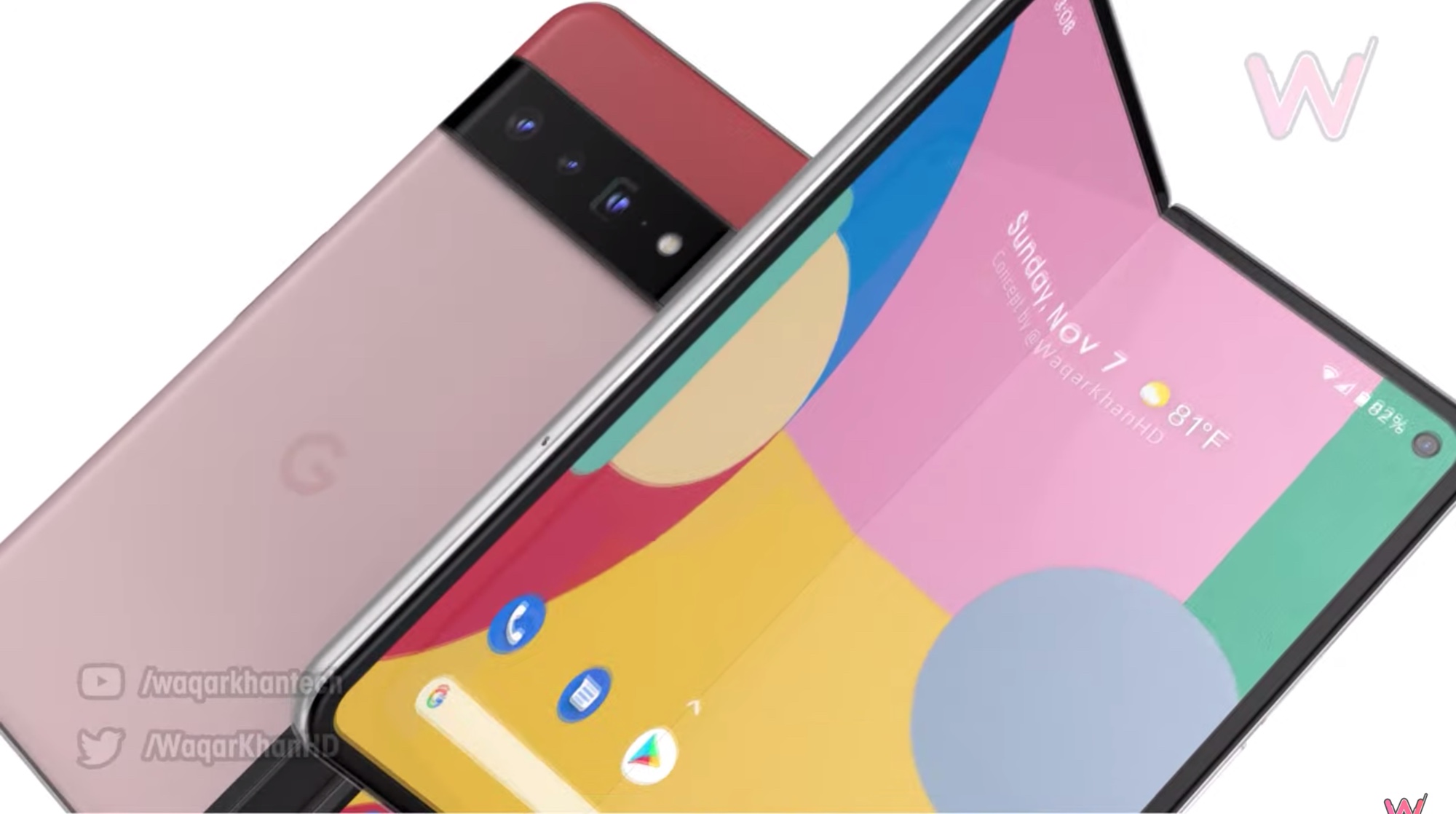We’re just a couple weeks away from Google I/O 2023, where we expect Google to reveal its first foldable phone to the world. But while the Google Pixel Fold is expected to be one of a number of products announced at the event, it’s definitely the most exciting. And not just because the phone has been rumored for so long.
The launch of the Pixel Fold marks a big step for the foldable phone market. Not just because it means there will be a true Samsung rival at long last, but also because of what Google’s involvement means for Android and the rest of the smartphone industry.
Here’s why I’m excited about the impending launch of the Google Pixel Fold.
The Pixel of foldables

One of the most exciting things about Google’s foldable is that it will be a Pixel phone in the foldable phone segment. Yes, the name makes that very obvious, but it’s what the Pixel Fold represents that matters the most.
The Pixel is built to set the standard for what Android should be, and so too can the Pixel Fold set the standard for foldable phones. Something that’s going to be increasingly important as more Android phone makers enter the foldable phone market.
Stock Android isn’t perfect, and multiple third-party phone makers have added features that improve the experience. My old OnePlus phones made it much easier to uninstall apps, for instance, and that’s something I miss now that I have a Pixel 6 Pro. But having stock Android as a base makes developing the software, and whatever changes it involves, that much easier.
the most important thing about the Pixel Fold isn’t the device itself — it’s what it represents for the growing foldable phone industry
Take the OnePlus 6 as an example. Back when it launched in 2018, the company admitted (opens in new tab) it had to test the top 1,000 Google Play apps to ensure proper compatibility. The next year Android best practices changed as a result of the Pixel 3 XL’s own notch. That put the responsibility of testing compatibility onto app designers, saving the phone makers the hassle of doing it themselves.
The same can be true of foldable phones, whose screens function very differently compared to the ordinary non-folding devices. There are often multiple screens for one, and what displays on the folding screen can change depending on how you’ve angled the hinge. Samsung’s Flex Mode (opens in new tab) is a very good example of how hinge orientation can be used to alter the UI.

So having Google develop and maintain a foldable-friendly version of Android means other Android phone makers don’t have to put in all the hard work themselves.
Google has already been working on a foldable-centric version of Android for a number of years now. Android 12L was designed for larger screen devices like foldables and tablets, developed in conjunction with Samsung — who currently make the best foldable phones. And having a Google-made device (or devices) to work from can only prove beneficial to Android’s foldable capabilities. Especially since Android 12L ended up folding into mainline Android.
In short, the most important thing about the Pixel Fold isn’t the device itself — it’s what it represents for the growing foldable phone industry. Anything else the Pixel Fold itself can offer is just an added bonus.
Finally, someone to compete with Samsung

Samsung has dominated the foldable phone market in the United States since the release of the first Galaxy Fold, primarily due to the fact it has next to no competition. The only other foldable phone on offer is the Motorola Razr — an impressive phone that hasn’t managed to make much of a dent in Samsung’s dominance.
A Motorola Razr 3 is on the way, and the OnePlus V Fold is coming later this year. But Google probably has the best shot and competing head-to-head with Samsung’s upcoming Galaxy Fold 5.
Plenty of foldable phones have been released over the years, but they typically come from Chinese companies who don’t sell their products in the U.S. for a variety of reasons. So while the likes of Huawei and Oppo can produce impressive foldable devices, and often for a lower price tag, Samsung still maintains that advantage.
If the Pixel Fold suffers from the same pitfalls as other Pixel phones like short battery life and bugs, Google is essentially starting the race with its shoelaces tied together.
But Google? Google doesn’t have the same limitations as Samsung’s Chinese rivals. It’s an American company, and thus unaffected by international politics, and has a long history of selling smartphones in the United States. That means the Pixel Fold is the first device that could, in theory, give Samsung a run for its money in North America.
It is still an uphill battle, granted. Samsung has had many years of experience working with foldable phones, which puts the company at an obvious advantage. Google is also known for a number of troubling bad habits. Pixel phones do not have a reputation for good battery life, and have been plagued by post-launch issues in recent years.
If the Pixel Fold suffers from those same pitfalls, it means Google is essentially starting the race with its shoelaces tied together.
But more competition could push Samsung to step up and make its phones better as a result. The more rivals it has, the more likely Samsung is to upgrade or improve more features with each passing generation. Like the Galaxy Z Flip 5’s cameras, which are rumored to have the same hardware as the Z Flip 4 — which were already barely an improvement over the Z Flip 3.
You also have to consider that the nature of the Pixel ecosystem means it’ll likely be in a fairly strong position after the inevitable launch of the iPhone Flip. Being owned by Google means Pixel phones get priority access to the latest Android updates, receive exclusive software features, and have some of the longest software support available on Android — second only to Samsung at the time of writing.
Bottom Line: A flawed Pixel Fold would still be ok

Will the Pixel Fold be able to beat the Galaxy Z Fold 5 for the title of best foldable phone? I wouldn’t bet on it, for a variety of reasons, but that doesn’t mean there isn’t a lot to look forward to. The Pixel Fold is going to be important regardless of its overall quality, just so long as the software works well.
Sure, we’d rather there not be a repeat of the original Galaxy Fold’s disastrous launch. I’m even rooting for the Pixel Fold to blow Samsung out of the water. But the simple fact that Google is here with its own foldable is reason enough to celebrate. If not for the Pixel Fold itself, but everything that will come after.
Of course, we won’t know anything for sure until Google actually releases the Pixel Fold, and we can go test its capabilities. Until then be sure to check out our Google Pixel Fold and Google I/O 2023 hubs for the latest news, rumors and leaks surrounding the device.
More from Tom’s Guide
For all the latest Technology News Click Here
For the latest news and updates, follow us on Google News.
